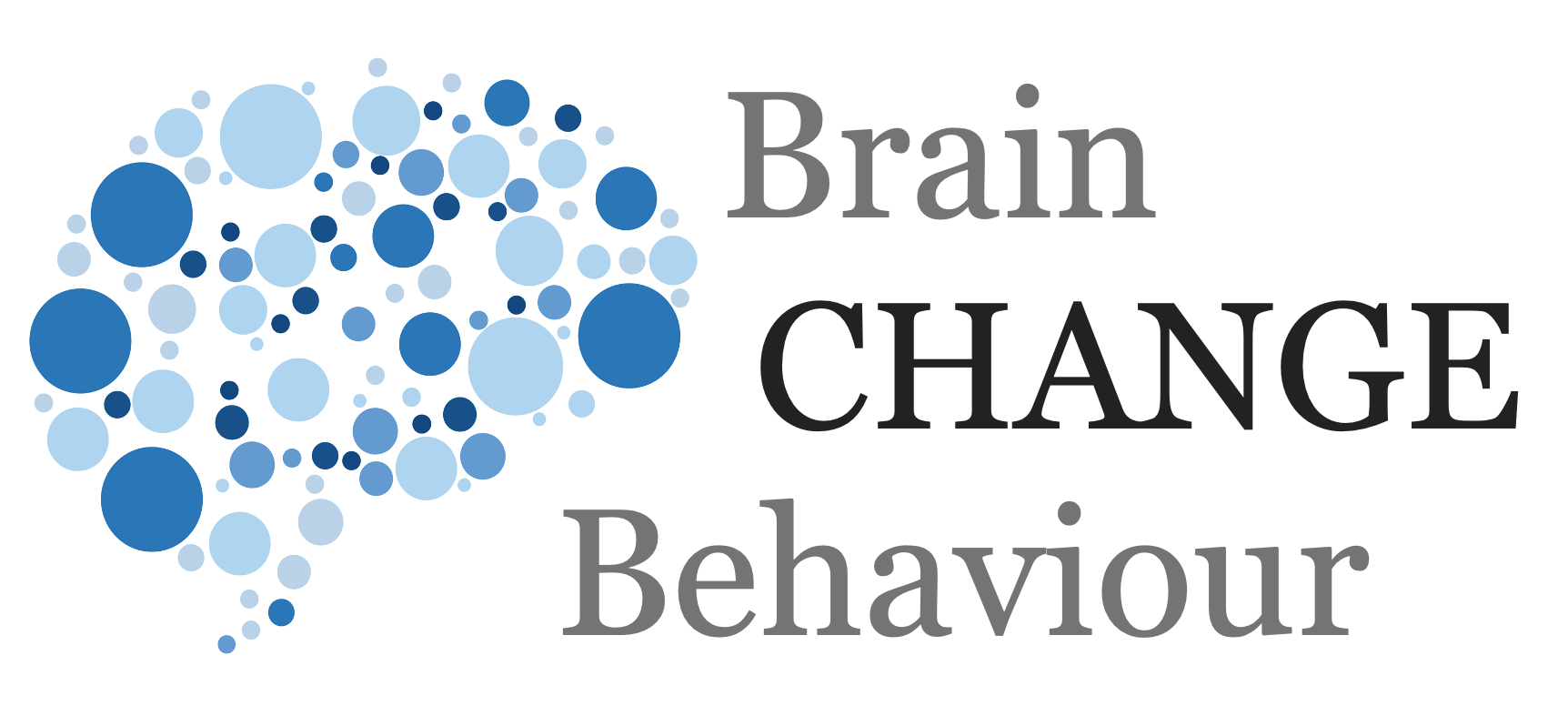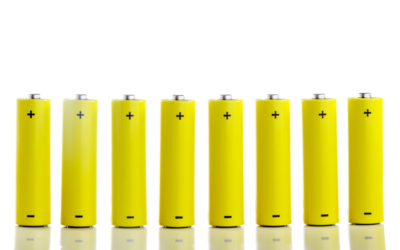
Things in life tend towards certain balances. This is particularly true in large systems and this is why change can happen in small contexts and be very effective or successful but in large systems different rules apply. This is because a large system will balance out.
Uber for example wanted to increase driver pay but the incentives and increased tipping led more drivers signing up to Uber which thereby increased supply and balanced out income. In a small group pay could increase but over the whole driving force natural equilibrium balanced this out. This is also present in political thinking – getting all children to go to college ends up either lowering standards for college or leaving unemployed graduates (or both). This is because the market may not need so many graduates.
This is often a problem of large-scale initiatives particularly government policies. A similar effect is the pareto principle or the 80/20 rule. For example, many organisations notice that 20% of their sales force produce 80% of their sales. So logically the best answer is to fire 80% of the sales staff, lose 20% of sales but keep 80% of revenues. But the Pareto principle states that this is always true – it is a natural distribution that always seems to occur – so you will still end up with an 80 / 20 split with the remaining staff. Firing 80% of the staff will also lose many network effects and have many unintended consequences.
What needs to be considered in large scale change initiatives is if there are equilibrium effects and natural distributions which will impede change.
Simple Takeaways
-
- Consider if there are equilibrium effects
- Consider if there are natural distributions
© leading brains 2022
Reference
More Articles
Limits to Scalability – Voltage Drops
Voltage Drop is a useful term and analogy to the problems of scaling ideas or change in any environment. Voltage drop refers to how electrical current can decrease across distance it travels.
The supply side of scaling
There are a number of problems with the supply side – being able to supply the resources and competencies to drive change.
Unintended consequences and negative spillovers
We all know that any change – well, obviously, changes something. But this also means there will be various knock-on effects
Representativeness of the Situation
“You had to be there” is an expression that says you had to be in a particular situation, in that particular vibe, to fully understand a situation.
Representativeness of the Population
When we get a good idea, we may know it is a good thing. And because we know it is a good thing we may then falsely assume – without really thinking this through – that everybody thinks this is a good thing.
False Positives – The inference problem
A false positive has become better-known to the general public during the pandemic and with COVID-19 testing particularly with home based quick tests.






